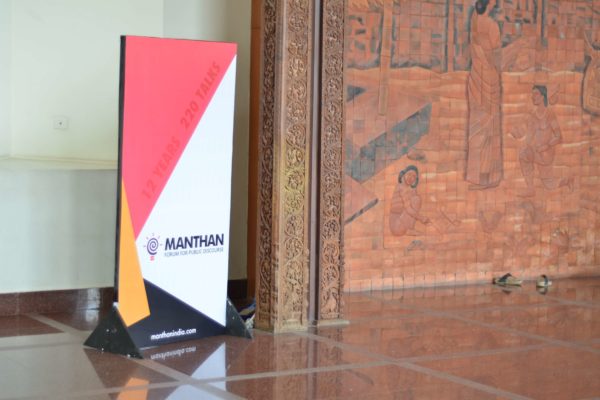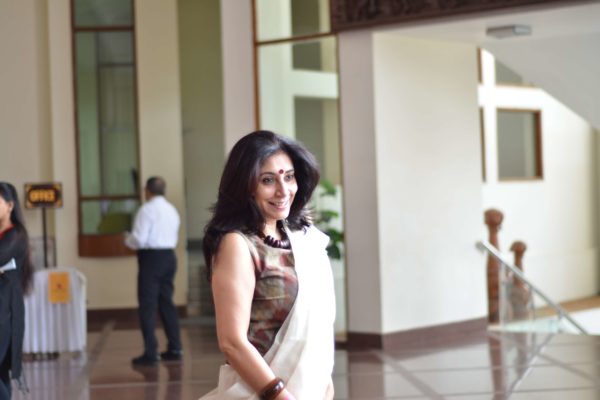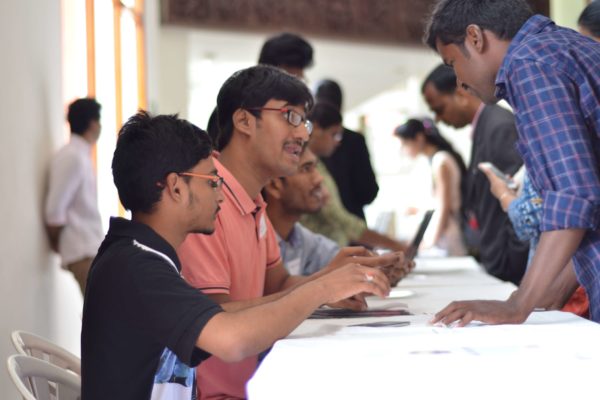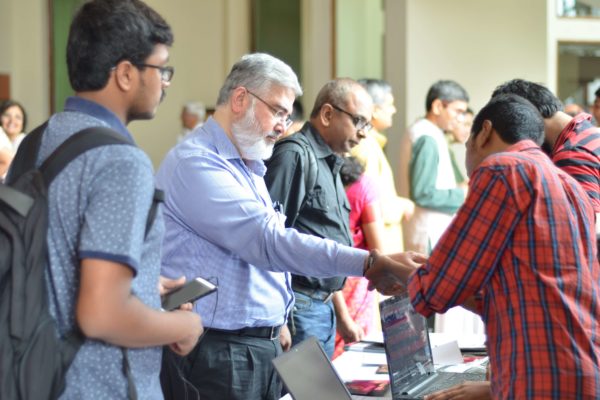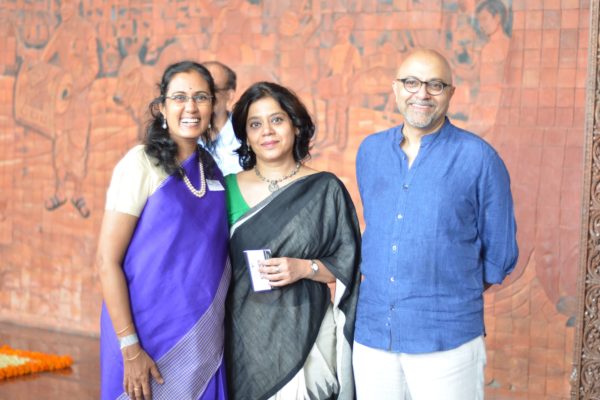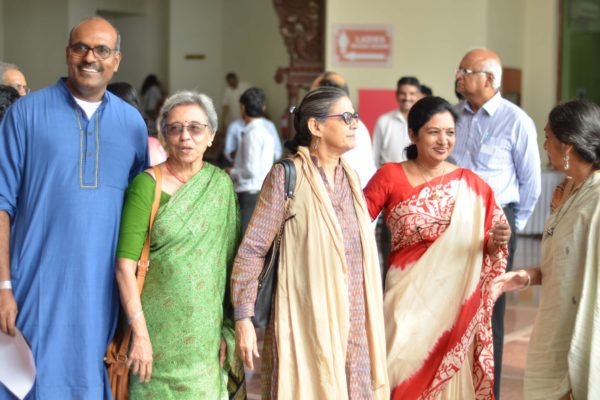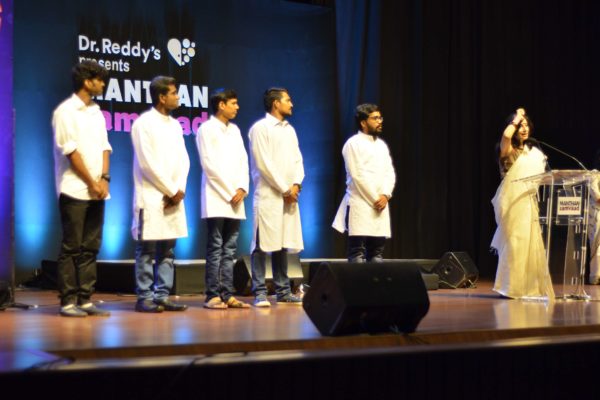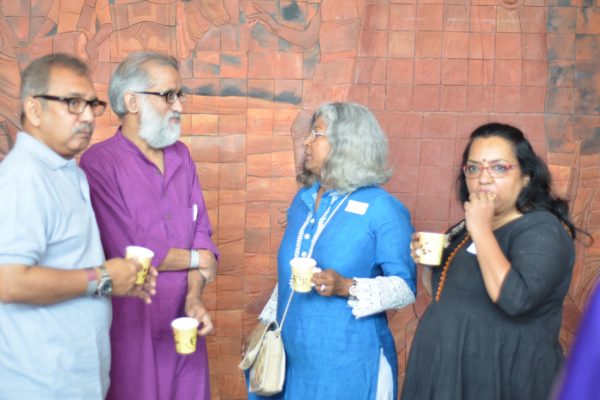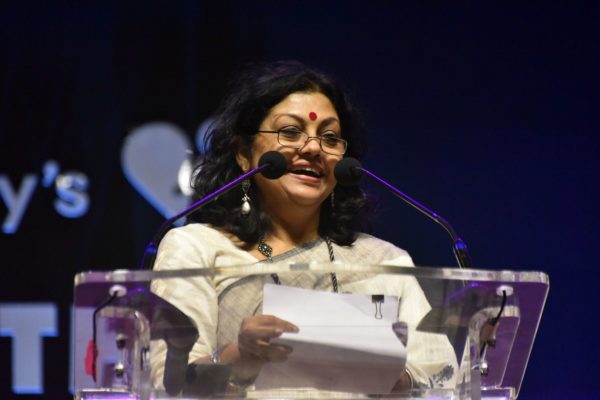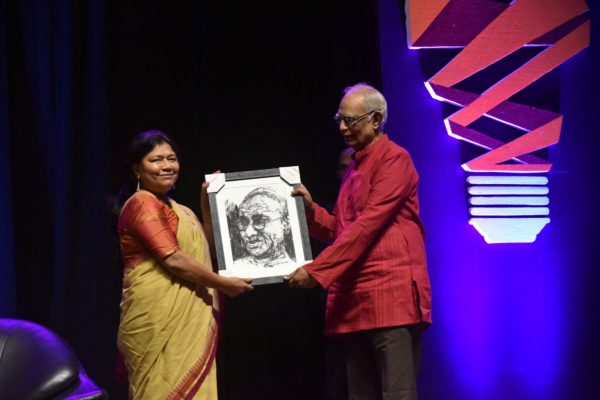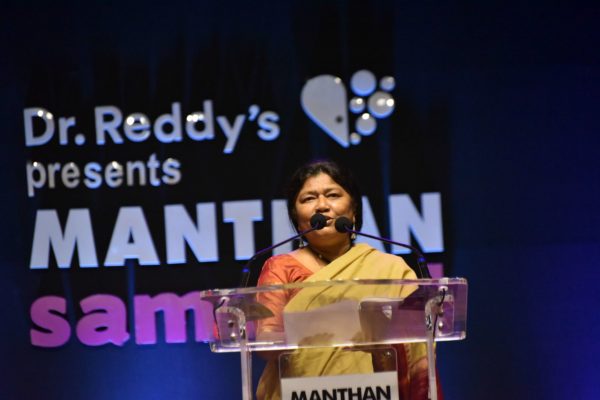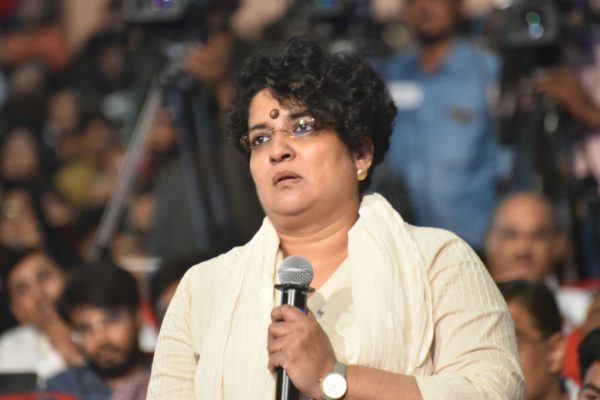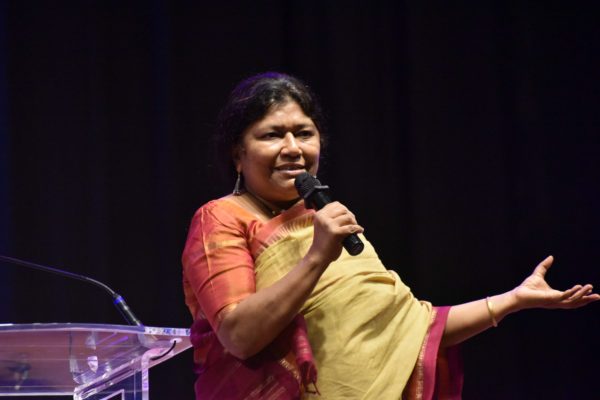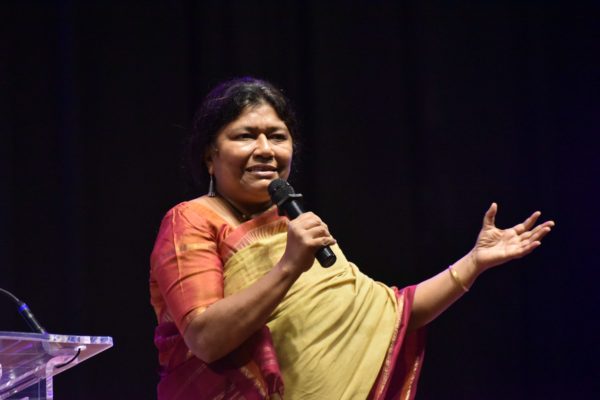The Talk
Looking back on the seventy years since the independence and partition of the country, one is struck by the difference between the halcyon years of early freedom and our present times.
The Nehruvian era saw the establishment of a secular state, a democratic polity and an independent economy. The Nehruvian dream was about harnessing the potential of the agricultural and industrial sector, elimination of poverty, ending parochialism, pursuing an independent foreign policy and building Asian solidarity. Perhaps the greatest achievement was upholding the values of secularism and democracy in a post partition society. Partition had been accepted with great sadness but the two nation theory on which it rested was rejected, as was the demand that India be a Hindu state. Gandhi’s assassination had been followed by a ban on communal organisations.
The achievement is all the more considerable given the adverse circumstances India was in after centuries of colonialism and the adversities of partition. It could be compared to building sand dykes at high tide.
Today we seem to be moving towards a society where identities of caste and religion increasingly prevail. An atmosphere of intolerance of the ‘other’ appears to have official sanction and hence acquires legitimacy. Can we harness the legacy of the freedom struggle to counter the divisive legacy of partition?
Sucheta Mahajan, Prof
Ms Mahajan is a Professor and Chairperson, Centre for Historical Studies, Jawaharlal Nehru University, New Delhi.
She was Gillespie Visiting Professor, College of Wooster, Ohio, US, Fellow, Indian Institute of Advanced Study, Fellow, Rockefeller Foundation’s Bellagio Center, Visiting Professor at Maison des Sciences de l’ Homme, Paris, Fellow of the Trinity Long Room Hub, Arts and Humanities Research Institute, Trinity College Dublin, Ireland.
Her publications include Towards Freedom: Documents on India’s Freedom Struggle, 1947, parts one and two (editor), 2013 and 2015; Independence and Partition: The Erosion of Colonial Power in India (2000) and India’s Struggle for Independence (with Bipan Chandra et al),1988.
Her areas of interest include the history and politics of the twentieth century, movements for social change, connected histories of independence and partition and the practice of oral and public history.

